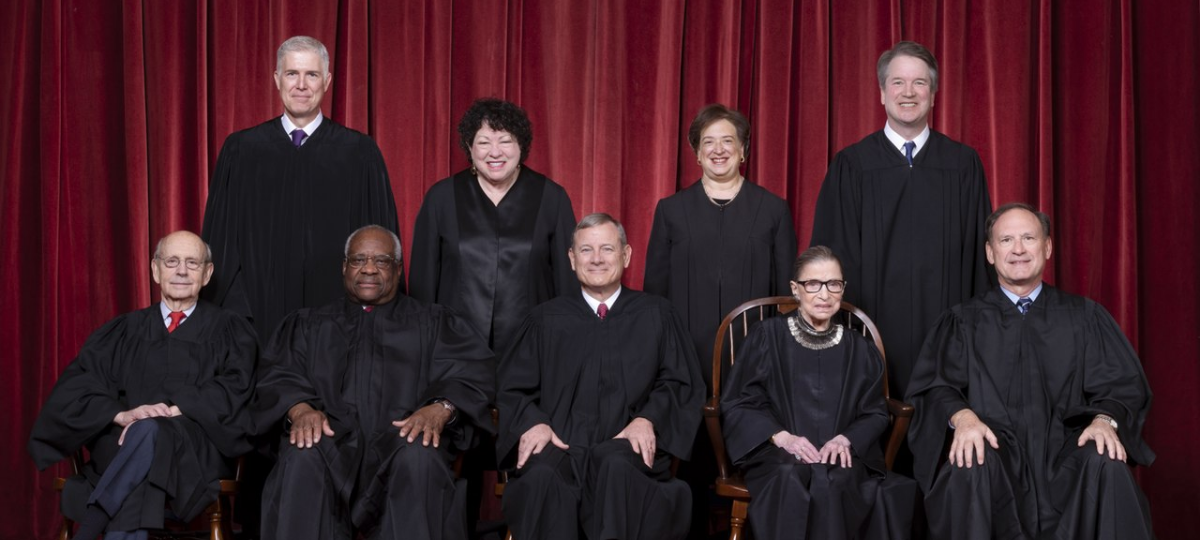New York is one of the most highly restrictive states in the union when it comes to gun rights, and their excessive regulations elicit retaliation from policy groups such as The New York State Rifle & Pistol Association. That institution was capable of appealing a court case regarding the legality of particular regulations within the state and New York City itself up to the United States Supreme Court.
However, that does not mean victory, nor does it even mean a battle can be had. In fact, in this instance, the reality of the situation is quite the opposite, as the Supreme Court has declined to hear the case. Of course this raises the critical question: does the Supreme Court have the right to “punt” the metaphorical football down the road on possibly monumental cases simply because of what may be political ease in trying times and during a national debate on the justification of firearm ownership? Especially since it hasn’t decided on a major Second Amendment case in over a decade, it begs the question if select members are perhaps unwilling to make definitive claims on the matters of 2A rights. And if this hesitation is the result of complacency in the system or their public perception (afraid of the backlash).
Meanwhile, the people of New York are much like the rest of America, buying guns en masse during this crisis. Unfortunately for them, the people of the state are quickly realizing that the laws they have in place are handicaps for their own personal access. Young, vulnerable adults under the age of 21 in many instances may have no way to realistically defend their homes. Say what you will of the “age of ownership”, but an 18-year-old single mother ought to be able to defend her child and home.
One major ramification is the fact that “The case, which was argued in December, concerns a New York City law that has to do with regulation in which licensed handgun owners can take a locked and unloaded handgun.” This is because gun owners are only allowed to take their firearms to shooting ranges within the city itself, crippling self defense opportunities outside of weak home defense laws (which do admittedly qualify as a form of castle doctrine). Such heavy regulation is a problem especially during the trying public crisis we face. An armed society is a polite one.
“The Court properly recognized that the only claims the petitioners ever brought no longer present a live case, because the challenged City rule no longer exists. The question is, in a word, moot. The Court’s resolution was supported by plain common sense, the facts, and the law. We are pleased with the Court’s decision,” City Corporation Counsel James Johnson said.
But the question remains, can deliberating on a “moot” law be reasonable if it serves a greater purpose of establishing it’s constitutionality – or lack thereof? This raises the question of what purpose the Supreme Court really is, and if that deliberation on constitutionality is truly ironclad or more likely selectively ironclad by those who wield the power. What of the countless cases before? Are not all worthy of serious consideration?
This is no doubt somewhat of a victory for gun regulation, as the status quo of possible controls still remains, and thus the law remains on the side of regulation. However, there is still some possible future room for growth on the matter, but it casts doubt on the legitimacy of the Supreme Court (at least how it operates presently), and whether it truly does have the best interests of Americans in mind when deciding how to approach Constitutionality of certain laws and cases.





2 comments
… [Trackback]
[…] Information on that Topic: thelibertarianrepublic.com/supreme-court-punts-on-hearing-for-significant-new-york-gun-regulation-case/ […]
… [Trackback]
[…] Info on that Topic: thelibertarianrepublic.com/supreme-court-punts-on-hearing-for-significant-new-york-gun-regulation-case/ […]